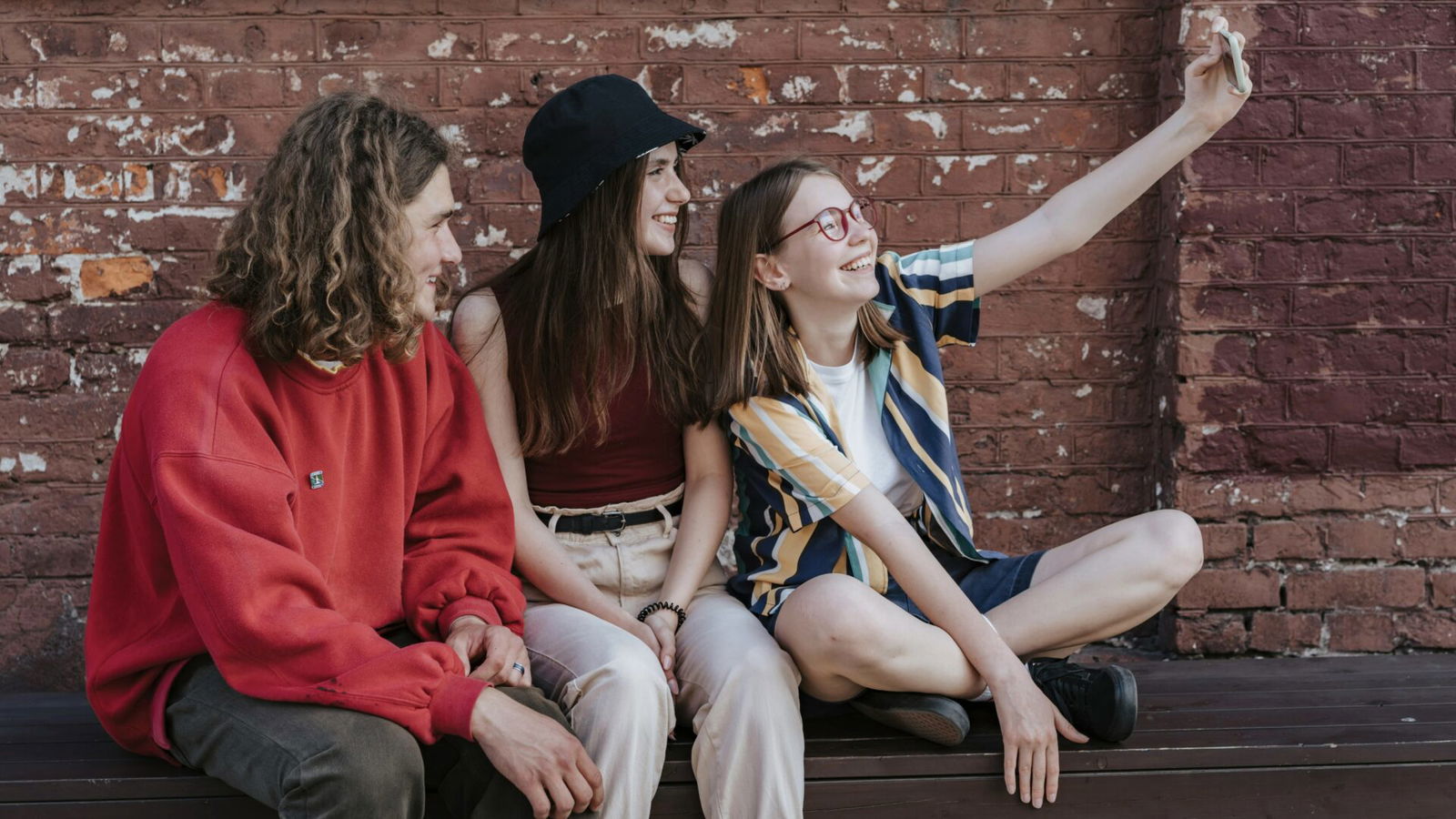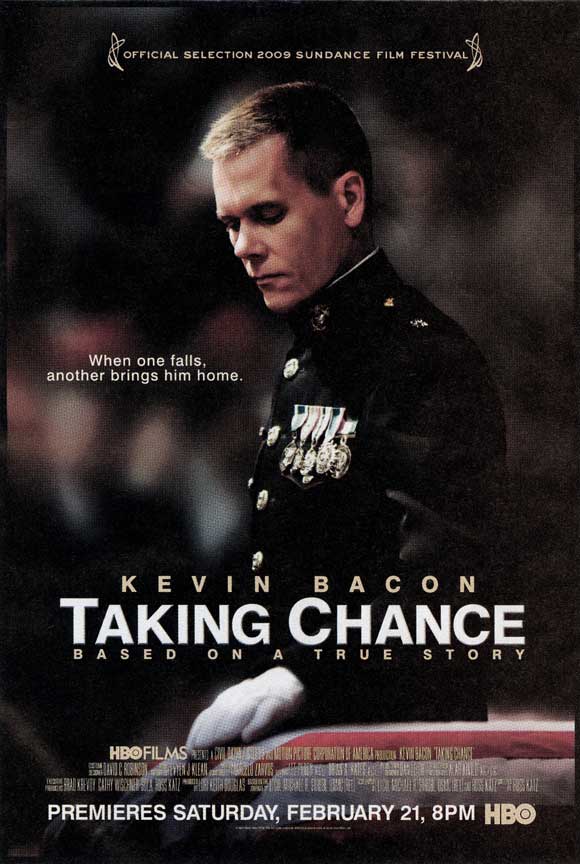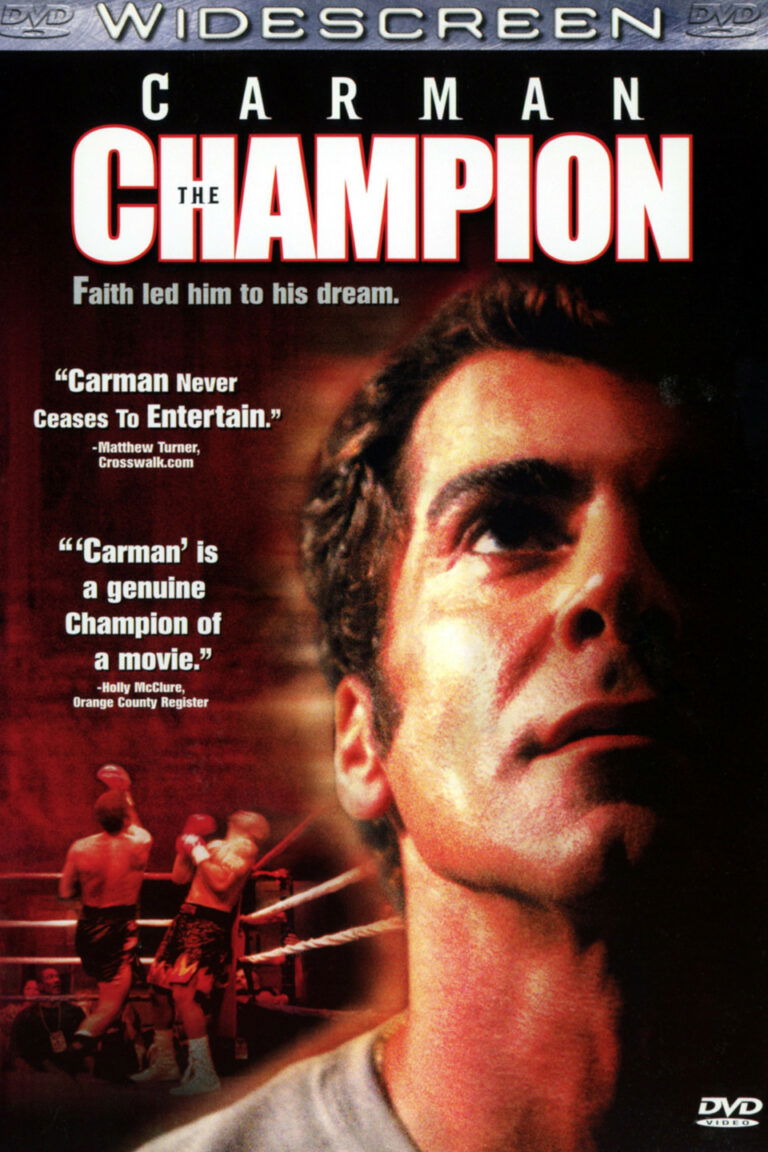
By Michaela Gordoni
Lots of kids’ new slang, like “Chat,” from the world wide web.
“Chat” refers to an audience of people. It stemmed from YouTube streamers addressing their audience in ways like, “What’s up, Chat?” Parade reported.
Streamers’ viewers talk in the comment section, AKA the chat.
Gradually, streamers began to address the chat almost like its one person. They say phrases like, “Chat, did you catch that?” and “Chat, calm down.”
The young viewers who watch the streams began to apply the phrase in real life. They call their friends “chat” as a kind of ironic nickname.
It’s not exactly a bad thing, but it shows how much online culture affects kids in their real-life interactions. It mixes the online world with the real one.
Related: Should Parents Worry About Gen Alpha’s Slang? Experts Say…
Here’s some other interesting slang kids use, per Parade:
“Skibidi”: it can mean good, bad or cool.
“Rizz”: used to say someone is charismatic or magnetic.
“Sigma”: used to say someone is dominant or popular
“What the Sigma?”: this phrase doesn’t really have a meaning. It’s used the same as “What the heck?”
“Fanum Tax”: it means stealing food from someone. It derived from YouTuber Kai Cenat whose friend, Fanum, “taxes” people by swiping food off of their plate.
The term “Chat” slightly leans into “main character” culture — the self-centric idea that you’re the only main character, and other people’s lives are less tangible. Using “Chat” can imply that you have a crowd or following. It means kids are creating their identities based on what they want to be seen as.
With 86% of young people saying they want to be an influencer, it’s safe to say that some may be using the terminology because they view themselves as one.
YouTube streamers try to build a connection with their audience. It’s what keeps people watching.
Because videos are made in a live setting and the streamer responds to comments, 70% of teens say they have stronger relationships and engagement with YouTube stars than with traditional celebrities, according to ACPC Psychology. Even more concerning is that 40% of teens said they believe that a YouTuber understood them more than their real friends.
As the internet and social media grow even more prominent across the world, it’s important that parents educate their kids on how to view and respond to media. When what they watch seeps into their behavior and worldview, that should be a warning bell.
Read Next: Why This TikToker Translates the Bible into Gen Z Slang
Questions or comments? Please write to us here.


 - Content:
- Content: 
 – Content:
– Content: 